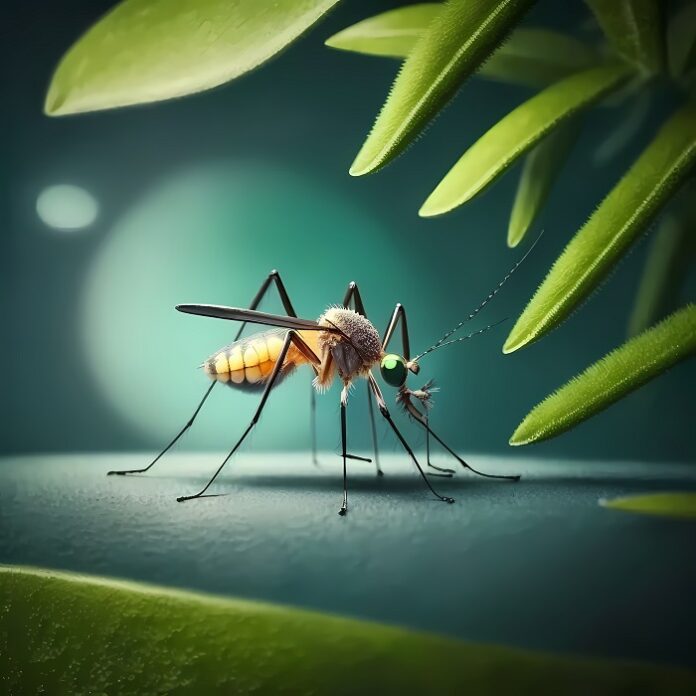Ivory Coast launched a routine vaccination program using the world’s second malaria vaccine, R21, developed by the University of Oxford and the Serum Institute of India. The initiative follows six months after the debut of the first malaria vaccine, RTS,S, created by British pharmaceutical company GSK, in Cameroon.
The World Health Organization (WHO) has approved the R21 vaccine, now being distributed in Ivory Coast, which has received 656,600 doses to immunize 250,000 children aged 0 to 23 months. This vaccine has also been approved in Ghana, Nigeria, Burkina Faso, and the Central African Republic.
The introduction of R21 is a significant advancement in the fight against malaria, especially in Africa, where the disease kills nearly half a million children under five each year. This year, 15 African countries are set to introduce either the RTS,S or R21 vaccines, supported by the Gavi global vaccine alliance. These vaccines are expected to complement existing malaria prevention methods, such as bed nets.
The Serum Institute of India, which manufactures the R21 vaccine, has committed to producing 25 million doses for the initial rollout, with plans to scale up production to 100 million doses annually. The vaccine is priced at under $4 per dose, in line with the Institute’s mission to provide affordable vaccines on a large scale. A large trial in February showed that the R21 vaccine prevented around 75% of symptomatic malaria cases in young children within the first year after vaccination.
As reported by indiatvnews.com, while it is challenging to compare the two malaria vaccines directly due to different trial conditions, experts agree that both vaccines show similar effectiveness, a view supported by WHO. The introduction of a second malaria vaccine is a crucial step in the global effort against the disease.
























